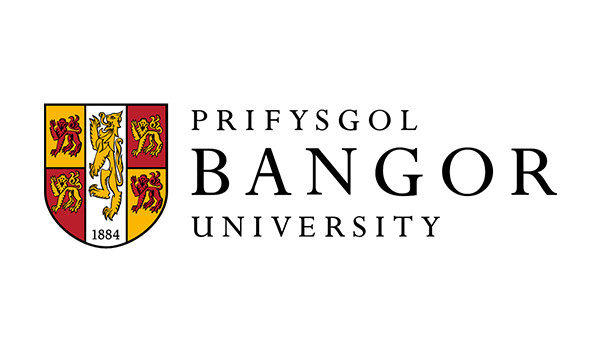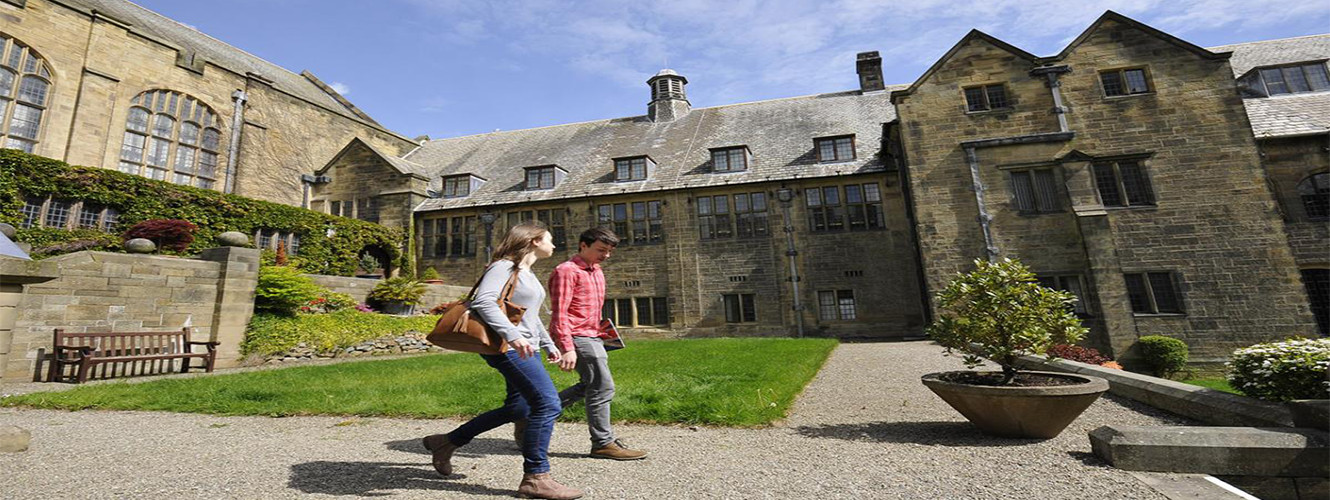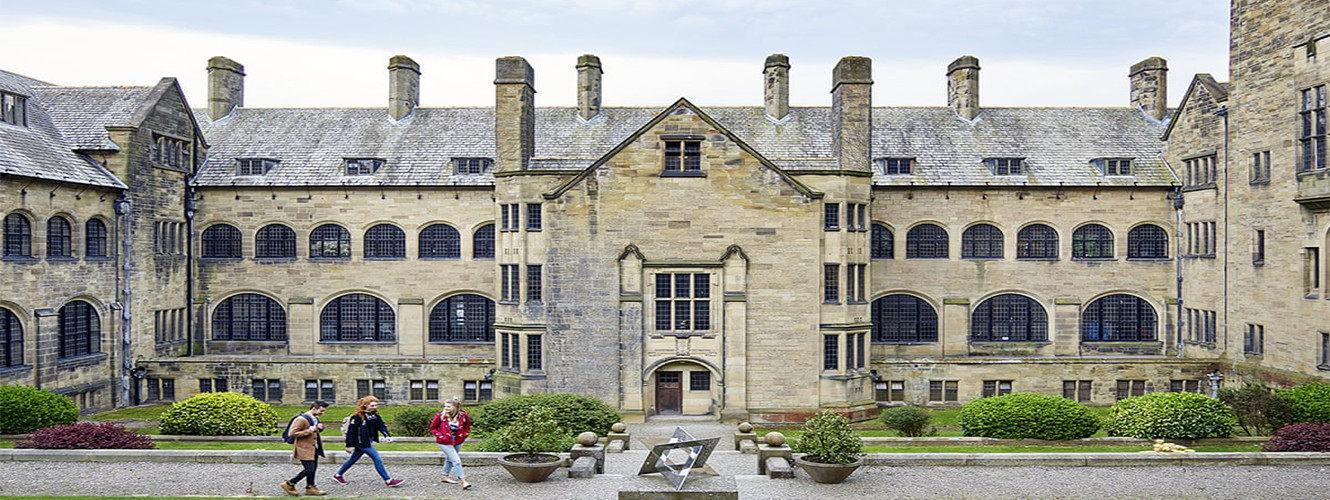UK120 BSc Financial Economics Bangor University
-
THÔNG TIN CHUNG
The degree in Financial Economics offers you the opportunity to study economics within a real-world context, developing strong analytical skills and a career-relevant qualification in economics and its application to global finance. The programme includes core components in economics and finance. By studying microeconomics and macroeconomics, you will develop a firm understanding of economics both at the individual level and at the level of the economy as a whole. The finance component provides in-depth coverage of topics such as the financial system, financial markets and products, the financing of companies and the role of investment.
A wide range of optional modules is also available to enable you to tailor your programme of study to your own interests and career aspirations. You will develop a portfolio of analytical skills that will be attractive to a wide range of employers in the financial sector and beyond.
Bangor is now an exam centre for The Chartered Institute for Securities & Investment, one of the world’s largest professional bodies for the financial sector. Our BSc Accounting & Finance, Banking & Finance or Financial Economics students can now take the L3 Introduction to Investment qualification at Bangor and gain Student Membership of CISI. International students may take the International Introduction to Investment, which focuses on global financial markets.
Placement Year
This course is available as a 4-year ‘with Placement Year’ option. Please apply for Financial Economics (with Placement) BSc L11P. Find out more about 'with Placement Year' courses here.
The placement year provides you with a fantastic opportunity to broaden your horizons and develop valuable skills and contacts through working with a self-sourced organisation relevant to your degree subject. The Placement Year is undertaken at the end of the second year and students are away for the whole of the academic year. The minimum period in placement (at one or more locations) is seven calendar months; more usually you would spend 10-12 months with a placement provider. You would normally start sometime in the period June to September of your second year and finish between June and September the following year. Placements can be UK-based or overseas and you will work with staff to plan and finalise the placement arrangements.
You will be expected to find and arrange a suitable placement to complement your degree, and will be fully supported throughout by a dedicated member of staff at your academic School and the University’s Skills and Employability Services.
-
CƠ HỘI NGHỀ NGHIỆP
Internships
Bangor University runs a paid internship scheme within the university’s academic and service departments.
Career
Many graduates from Bangor Business School pursue careers in areas such as accountancy, banking, investment, insurance, risk management, marketing, human resource management and retail management.
- ĐIỀU KIỆN ĐẦU VÀO
- ĐIỀU KIỆN NGÔN NGỮ
- HỌC BỔNG
- ĐỊA ĐIỂM
Tóm tắt
-
Phí ghi danh
0
-
Độ dài khoá học
3 năm
-
Kỳ nhập học
Tháng 9
Phí Cơ Bản
-
Loại Tiền
-
Học Phí
Trên năm -
Phí Sinh Hoạt
Trên năm -
Tổng






